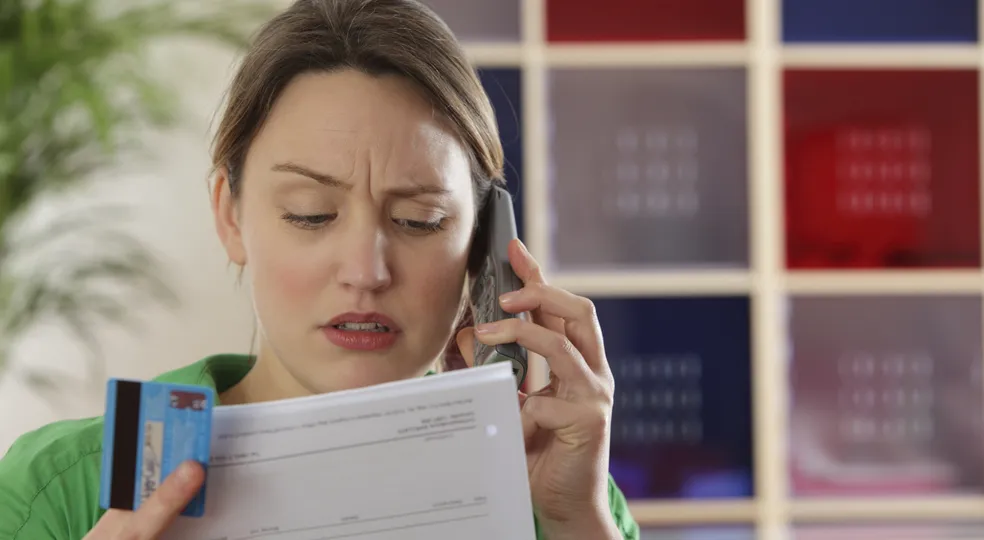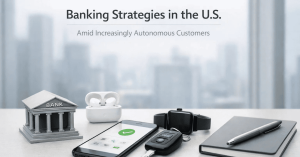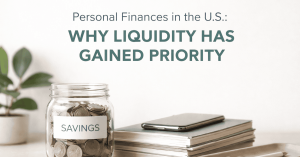Experiencing unauthorized charges on your bank account can be both frustrating and stressful, leaving you feeling exposed and uncertain about your financial security. Although banks in the US implement various safeguards to protect account holders, these measures are not foolproof.
Staying vigilant and proactive is essential to ensuring your financial safety and avoiding the complications associated with unauthorized transactions. The impact of such charges can range from temporary inconvenience to significant financial loss, making prevention a priority.
This guide is designed to equip you with practical strategies to defend your account against these risks. By understanding the common causes of unauthorized charges and adopting effective preventative measures, you can reduce vulnerabilities and maintain control over your finances.
Understand the causes of unauthorized charges

Unauthorized charges often result from various scenarios, and identifying these causes is the first step in protecting your finances. Common culprits include identity theft, phishing scams, and data breaches. Identity theft occurs when someone obtains your personal information, such as your Social Security number or account details, to make fraudulent transactions. Similarly, phishing scams use fake emails or websites to trick you into revealing sensitive information. Data breaches, which expose account details from trusted organizations, are another frequent cause.
In addition, neglecting account monitoring can lead to undetected fraudulent charges. Regularly reviewing your bank statements and transaction history can help you catch unauthorized activity early. Lastly, weak passwords and unprotected online banking practices make it easier for hackers to gain access to your accounts.
By understanding these underlying causes, you can better equip yourself to implement preventative measures. Awareness of the risks is essential for staying one step ahead of potential threats and maintaining peace of mind in your financial management.
Strengthen your account security
Use strong passwords and two-factor authentication
One of the simplest yet most effective steps you can take is creating strong passwords. A secure password combines uppercase and lowercase letters, numbers, and special characters. Avoid using easily guessed information like your name, birthday, or sequential numbers. Update your passwords regularly to reduce the risk of unauthorized access.
Enabling two-factor authentication (2FA) is another vital measure. This adds an extra layer of protection by requiring a secondary verification step, such as a text message code or authentication app, when logging into your account. Even if someone obtains your password, 2FA can prevent them from accessing your account without the additional code.
Monitor account activity and set alerts
Monitoring your account activity is one of the most effective ways to catch unauthorized charges before they escalate into significant problems. With the convenience of online banking tools, most banks now provide real-time access to your transaction history, allowing you to stay updated on your financial activities.
Regularly reviewing your account—ideally on a weekly or even daily basis—helps you identify and address discrepancies early. This habit not only safeguards your funds but also reinforces your financial awareness. Adding alerts to your banking setup offers an extra layer of security.
Many financial institutions allow you to customize notifications for specific events, such as unusual spending patterns, large transactions, or international purchases. These instant updates ensure you’re immediately informed of any suspicious activity, enabling you to take swift action, such as freezing your account or disputing the transaction. Together, regular monitoring and alerts provide a proactive approach to protecting your finances.
Avoid unsafe online practices (with list)
- Do not share sensitive information online: Never disclose account details or personal information via email, text, or unfamiliar websites. Scammers often impersonate banks or legitimate companies to steal your information.
- Use secure networks: When accessing online banking, ensure you’re on a trusted Wi-Fi network. Public networks can be easily hacked, exposing your data.
- Install reliable antivirus software: Protect your devices against malware and viruses that could compromise your security.
- Be cautious with emails and links: Avoid clicking on unknown links or downloading attachments from unverified sources. These may contain harmful software designed to steal your account information.
By adopting these practices, you reduce the likelihood of falling victim to online scams and unauthorized charges. Additionally, regularly monitoring your account for suspicious activity and promptly reporting any discrepancies can further safeguard your financial information. Staying proactive with security measures ensures a safer online experience while maintaining your financial well-being.
Know your rights and act quickly
Understanding your rights as a bank account holder is crucial if you encounter unauthorized charges. Under federal laws, such as the Electronic Fund Transfer Act (EFTA), you have protections that limit your liability for fraudulent transactions, provided you report them promptly. For example, reporting unauthorized charges within two business days typically limits your liability to $50. Delays in reporting, however, may increase your financial responsibility.
In addition to federal protections, many banks offer zero-liability policies for debit and credit cards. Familiarize yourself with your bank’s terms and conditions so you know what to expect in case of fraudulent activity. Keep your bank’s contact information readily available to expedite communication when necessary.
Should you notice unauthorized charges, act immediately. Contact your bank, freeze your account if needed, and file a dispute for the transaction in question. Document all correspondence and follow up to ensure the issue is resolved. Taking these steps not only helps recover lost funds but also mitigates further risks to your financial security.
Protecting your bank account from unauthorized charges requires a combination of vigilance, proactive measures, and knowledge of your rights as a consumer. Unauthorized charges can lead to financial losses and disrupt your sense of security, making it crucial to take preventative steps. By understanding common causes of fraudulent activity, such as phishing scams, identity theft, and data breaches, you can recognize potential threats before they impact your account.
Implementing robust security practices, including using strong passwords, enabling two-factor authentication, and monitoring account activity regularly, can significantly reduce vulnerabilities. Additionally, knowing your legal rights and bank policies empowers you to act swiftly and effectively if suspicious transactions occur.
Prompt reporting and decisive action can limit your financial liability and protect your account from further risks. Remember, staying informed, adopting secure habits, and maintaining a watchful eye over your finances are your best defenses against unauthorized charges and financial fraud.






